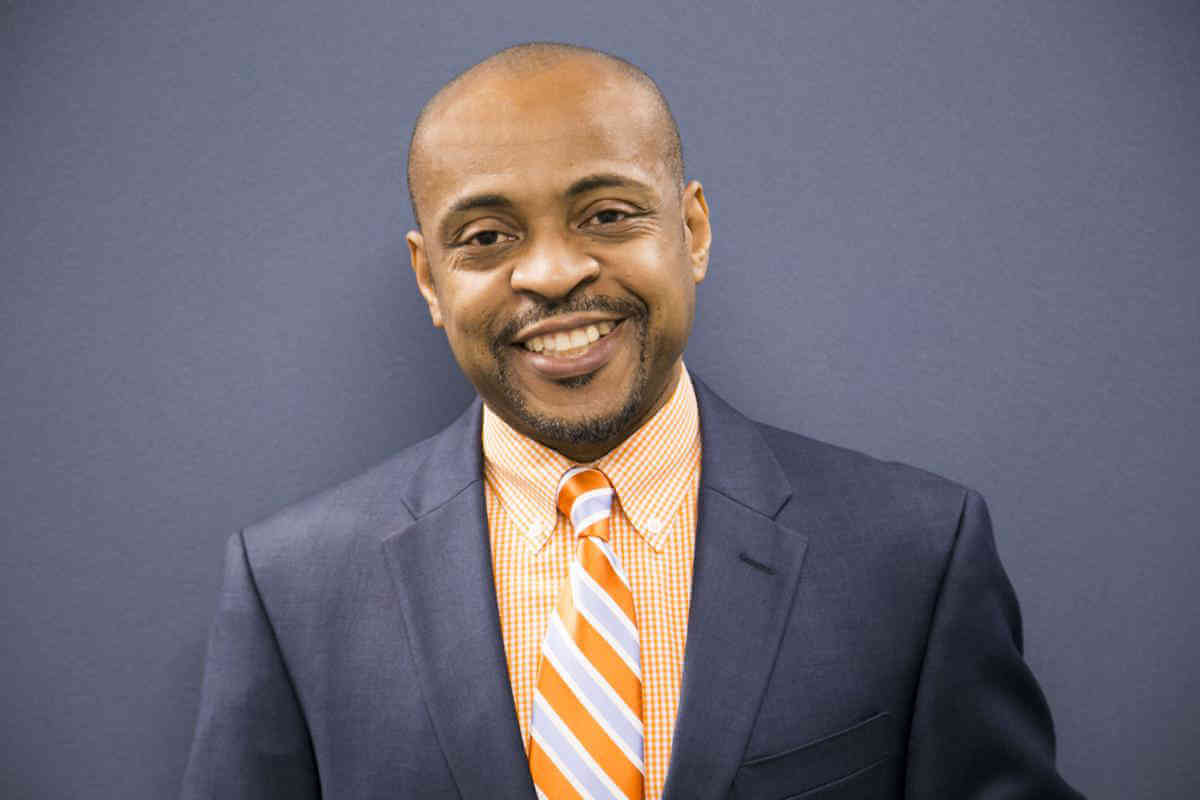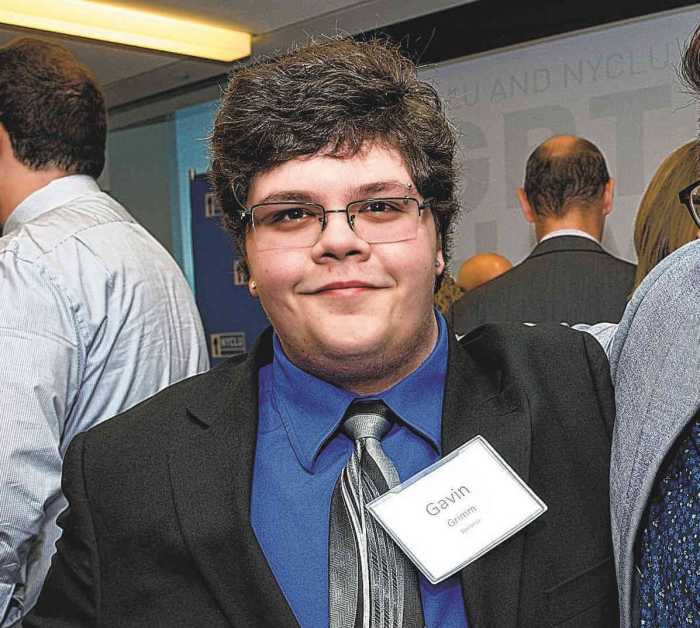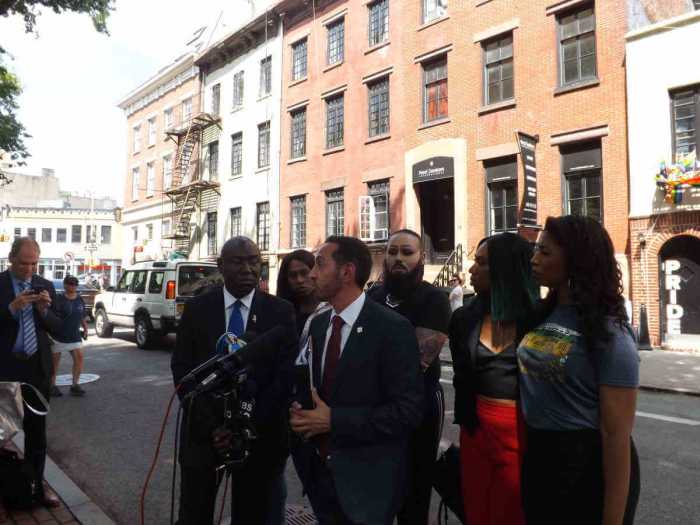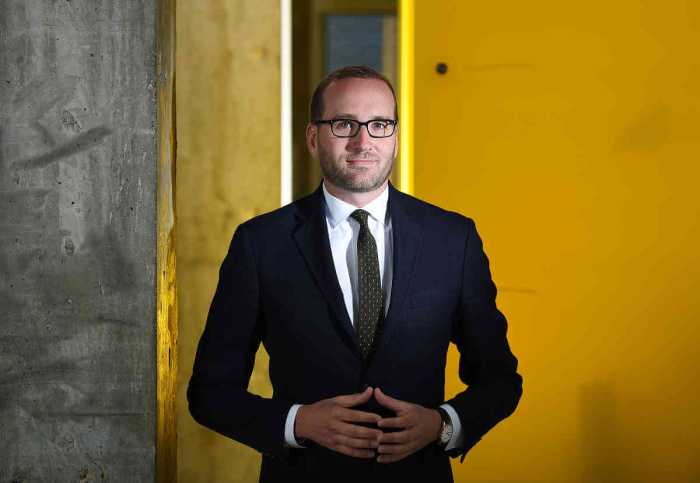A federal district judge has ruled that the city of Philadelphia can require foster care agencies with which it contracts to abide by its municipal nondiscrimination ordinance that forbids discrimination based on sexual orientation.
According to the American Civil Liberties Union, the July 13 ruling by District Court Judge Petrese B. Tucker represents the first time a federal court has found that child welfare agencies with government contracts do not have the right to exclude same-sex couples from fostering children based on the agency’s religious tests.
In March of this year, the city learned that two foster care providers with government contracts refused to license same-sex couples as foster parents, and Philadelphia stopped referring children to those agencies.
In response, Catholic Social Services and four of its foster parents sued the city in US district court asking the court to order the city to renew its contract. (The other agency penalized, Bethany Christian Services, came to terms with the city.) The plaintiffs argued that the city’s decision infringed on their rights to free exercise of religion and free speech. They made no argument about the qualifications of same-sex couples to care for children.
The plaintiffs were represented by the Becket Fund for Religious Liberty, which also served as counsel to the plaintiffs in the 2014 Hobby Lobby case, where the Supreme Court made the extraordinary finding that a closely-held for-profit company could assert a claim for a religious exemption from the Affordable Care Act’s requirement that employer-provided healthcare plans provide contraception coverage.
In her ruling, Tucker rejected Catholic Social Services’ argument that it was not a public accommodation subject to the city’s nondiscrimination ordinance. She also noted that the group’s contract with the city specifically incorporated by reference the relevant nondiscrimination provisions of city statute.
In June, the ACLU and the ACLU of Pennsylvania sought to intervene in the case on behalf of the Support Center for Child Advocates, a nonprofit advocating for children in the foster care system, and Philadelphia Family Pride, a nonprofit group of LGBTQ people and their families, including same-sex foster parents and prospective foster parents. The ACLU argued that the people represented by the two groups would be harmed by a ruling in favor of Catholic Social Services and asked the court to allow them to participate in the litigation as defendants in order to protect their interests.
Though Tucker had not ruled on that motion, she allowed the ACLU to submit a brief in support of the city’s position and to make argument in court.
In a written statement, Reggie Shuford, executive director of the American Civil Liberties Union of Pennsylvania, said, “First and foremost, this is a victory for children in Philadelphia who need a loving home and can’t afford to have good families turned away for failing to meet a religious litmus test. We’re proud that the city is committed to ensuring that no qualified family that comes forward to care for a child in need is turned away because of their sexual orientation or other reasons unrelated to the ability to care for a child. And we’re thrilled that the court rejected the claimed constitutional right to discriminate against loving families.”
According to the ACLU’s LGBT and HIV Project, Tucker’s ruling could have repercussions for states that have passed laws permitting agencies to apply such religious tests in foster care and adoption settings.
Leslie Cooper, the Project’s deputy director, in a written statement, said, “When faith-based agencies choose to receive taxpayer dollars to provide public child welfare services, their religious beliefs cannot trump the best interests of the children in their care. The court saw it was not only permissible for the city of Philadelphia to prohibit discrimination by its contract agencies, but that allowing the use of religious screening requirements in the public child welfare system would likely violate the Constitution.”
Tucker’s ruling came just two days after Republicans on the US House Appropriations Committee voted to give child welfare agencies the right to establish tests based on “sincerely held religious beliefs or moral convictions” for eligible adoptive or foster parents. Under the provision, federal agencies could not deny public funding to such agencies and states doing so would be penalized in their receipt of federal dollars for federal child welfare services.
The provision is an amendment to an omnibus health, education, and labor appropriations bill, though resistance by Republican moderates and Democrats in the House or by Democrats in the Senate can block it from ever becoming law.
The effort is clearly an effort to nationalize a policy that social conservatives have been pushing in Republican-dominated states.
Last week also saw action on a third religious opt-out issue, this time in Hawaii. There, the State Supreme Court declined to hear an appeal of an intermediate level appellate ruling that an owner-occupied bed & breakfast violated the state’s public accommodations law by refusing to rent a room to a lesbian couple from California seeking vacation accommodations.
A February 23 ruling from a three-judge panel had rejected Aloha Bed & Breakfast owner Phyllis Young’s argument that her constitutional rights — including her free exercise of religion — were violated.
The Hawaii court’s action still leaves open Young’s ability to take her case to the US Supreme Court. In early June, the nation’s high court kicked the question of religious opt-outs from sexual orientation nondiscrimination laws down the road when it ruled in favor ofMasterpiece Cakeshop owner Jack Phillips on the grounds that the Colorado Civil Rights Commission had shown prejudicial “hostility” toward his religious views when it ruled he acted illegally in refusing to bake a wedding cake for a gay couple. The court then punted again, sending a florist’s appeal of a similar public accommodations ruling out of Washington State back to that state’s Supreme Court for further consideration in light of the Masterpiece Cakeshop ruling.
Should Judge Brett Kavanaugh be approved by the Senate for Justice Anthony Kennedy’s vacant Supreme Court seat by the time a potential Hawaii appeal reaches the high court, it could provide critical insight into how the post-Kennedy court will proceed on significant LGBTQ rights questions.





































